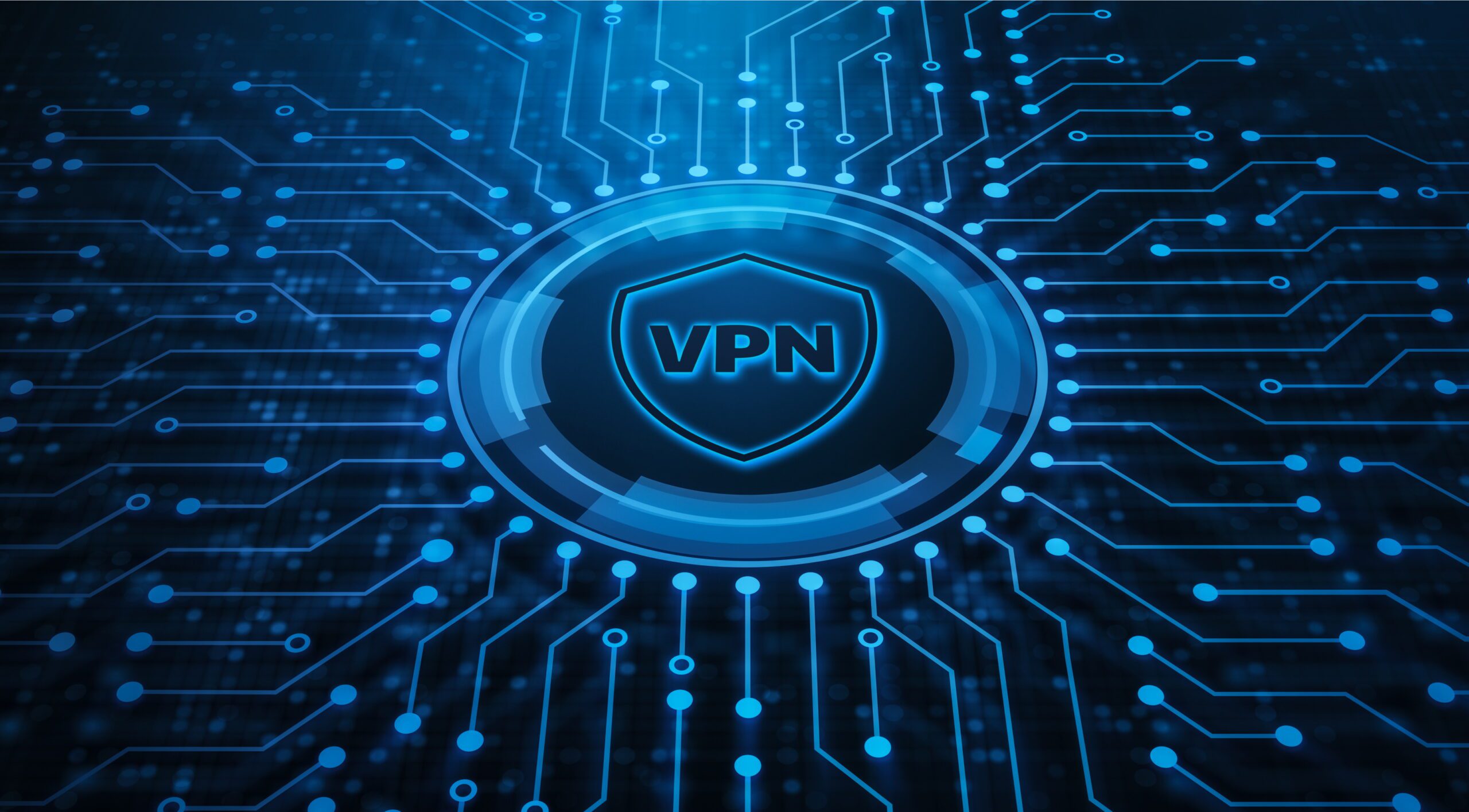In this day and age, it’s important to take steps to protect your online privacy. Whether you’re browsing the web or performing online banking, safety and security should be a top priority. But what is a VPN and how can it help keep your internet activities secure? Let’s discuss in this article!
What is a VPN?
A VPN, or Virtual Private Network, is a tool that helps to keep your internet browsing private by creating a secure, encrypted connection between your device and the internet. This means that your data is protected from being intercepted by third parties, and that your online activity cannot be tracked or monitored.
There are many benefits to using a vpn, including improved security and privacy, increased speed and reliability, and access to restricted websites and content. A VPN can also help to bypass government censorship and geo-restrictions.
If you are looking for a VPN service to use, make sure to choose one that offers strong encryption and security features, as well as a wide range of server locations.
Benefits of Using a VPN
There are many benefits of using a VPN when browsing the internet. Perhaps the most obvious benefit is that it can help keep your internet browsing private.
In addition to helping maintain your privacy, a VPN can also increase your security when online. By hiding your IP address and location, a VPN can make it more difficult for hackers to target you with malware or phishing attacks. Additionally, some VPNs offer features such as malware protection and ad blocking, which can further protect you from online threats.
Finally, using a VPN can allow you to access content that may be blocked in your country. For example, if you’re traveling abroad and want to access streaming services such as Netflix or BBC iPlayer, a VPN can help you do so by connecting to a server in a country where the service is available.
How to Choose a VPN Provider
There are a number of factors to consider when choosing a VPN provider. Below are six tips to help you choose a provider that best suits your needs.
- Determine what you need a VPN for. Are you looking for security and privacy while browsing the internet? Do you need to access blocked content or geo-restricted websites? Make sure the provider you choose offers the features you need.
- Consider the security features offered by the provider. Does the provider offer military grade encryption? What protocols do they use? Do they have a strict no logs policy? These are important factors to consider when choosing a VPN provider.
- Check out the providers customer support options. If something goes wrong, will you be able to get help from customer support? Is there live chat or phone support available? What’s the turnaround time for email support?
- Compare pricing and subscription options. Some providers offer free plans with limited features, while others have multiple tiers of service with different price points. Choose a plan that fits your budget and offers the features you need.
- Read user reviews before making your decision. See what other users have to say about the providers you’re considering. Make sure to read reviews from reputable sources, such as TrustPilot or CNET, to get an unbiased opinion.
- Test out the service before committing to a subscription. Most providers offer free trials or money-back guarantees so you
Setting Up a VPN
If you’re worried about someone spying on your internet activity, a VPN (virtual private network) can help. A VPN encrypts your internet traffic, making it unreadable to anyone who might be snooping. It also routes your traffic through a server in another location, making it appear as if you’re accessing the internet from that location. This can be useful if you want to access geo-restricted content or browse the web anonymously.
Setting up a VPN is usually pretty simple. You can often do it directly from your router’s settings page. If not, you’ll need to sign up for a VPN service and configure it manually. We recommend ExpressVPN as a good option for beginners. Once you have a VPN set up, all you need to do is connect to it before beginning your internet session.
Best Practices for Using a VPN
When it comes to using a VPN, there are a few best practices to keep in mind. First and foremost, always use a reputable VPN provider. There are many free vpn providers out there, but not all of them are created equal. Some free VPN providers may sell your data or show ads, so it’s important to choose one that you can trust.
Another best practice is to use a VPN whenever you connect to the internet, especially if you’re using public Wi-Fi. By doing so, you can help protect your data from being snooped on by others on the same network.
Finally, be sure to keep your VPN software up to date. Like any other piece of software, VPNs need to be updated regularly in order to patch any security vulnerabilities.
Troubleshooting Tips for VPN Connectivity Issues
If you’re having trouble connecting to a VPN, there are a few things you can try:
- Make sure that your VPN software is up to date. Outdated software can often cause connectivity issues.
- Check your VPN’s server status. If the servers are down, you won’t be able to connect.
- Try connecting to a different server. Sometimes a different server can give you a better connection.
- Make sure that your firewall isn’t blocking the VPN connection. This can often happen if you’re using a public Wi-Fi network.
- Check your internet connection. A poor internet connection can often cause VPN issues.
Alternatives to Using a VPN
There are a few alternative ways to browse the internet privately without using a VPN. One way is to use a proxy server. A proxy server is basically a computer that acts as an intermediary between your computer and the internet. When you connect to the internet through a proxy server, your computer will send all of its traffic through the proxy server first. The proxy server will then forward the traffic on to the website or service that you are trying to access. This means that your IP address will be hidden from the website or service, as they will only see the IP address of the proxy server.
Another way to browse privately is to use a Tor browser. Tor (The Onion Router) is a free software that you can download and install on your computer. Once installed, it will route all of your internet traffic through a network of volunteer servers around the world. This makes it very difficult for anyone to track your online activity, as your traffic will be bouncing around from different servers constantly.
Lastly, you could also use a Virtual Private Network, or VPN. A VPN is similar to a proxy server in that it will route all of your traffic through another server before it reaches its destination. However, VPNs encrypt all of the data that is sent through them, which makes it much more secure than using a proxy server.
Conclusion
A VPN is a powerful tool that can help protect your internet browsing activities from unwanted surveillance and snooping. By using a reliable VPN service, you can keep your data secure, access geo-restricted content, and maintain anonymity while surfing the web. As technology continues to evolve, so do the threats against our online privacy. To ensure that you remain safe and secure while browsing the web, it’s important to invest in a quality VPN service provider today.



































